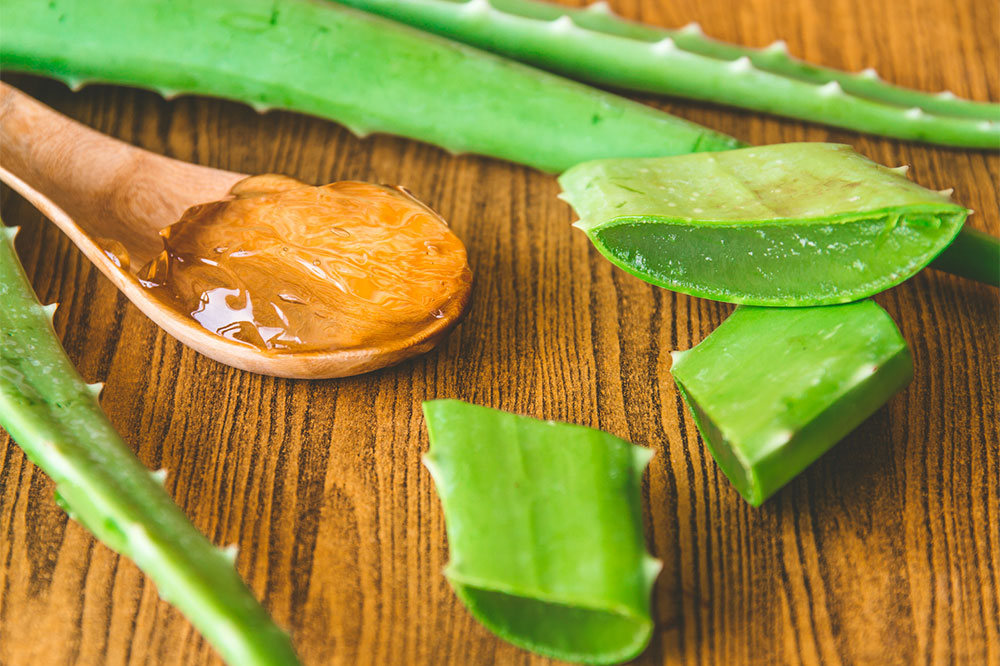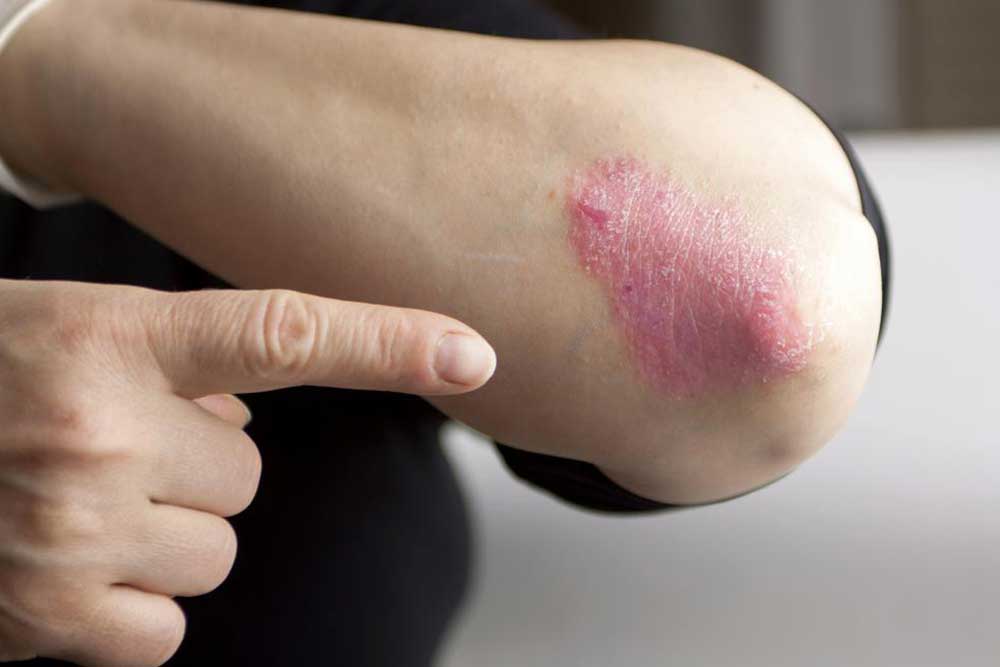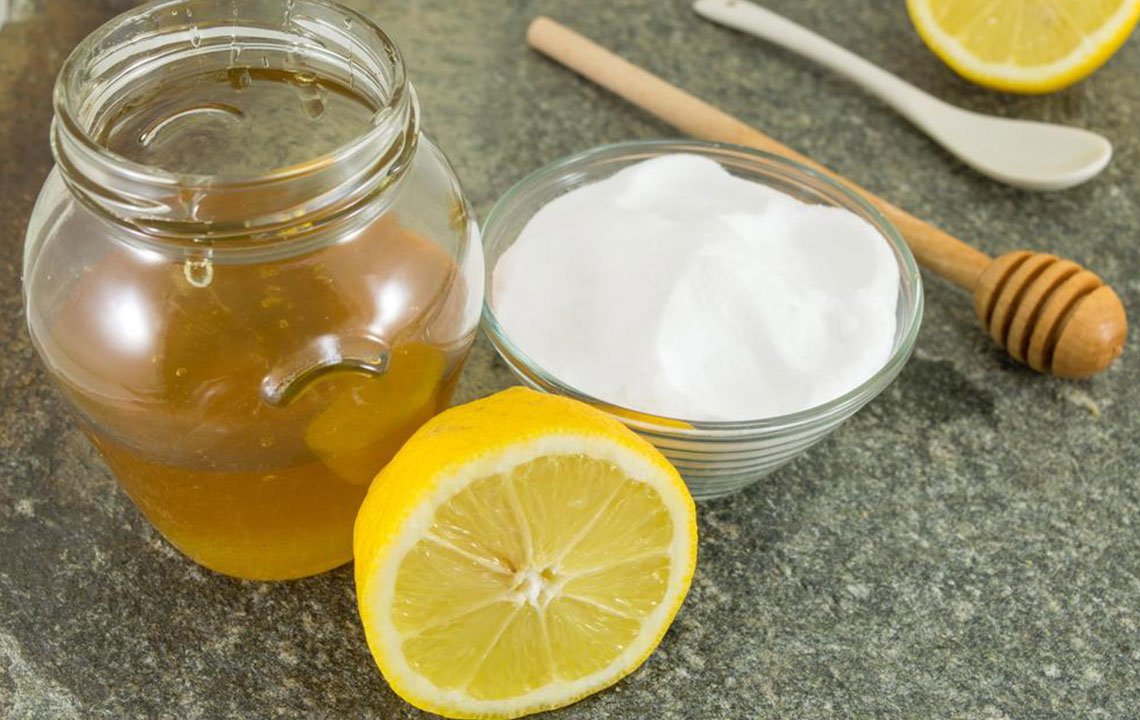Effective Natural Remedies to Relieve Psoriasis Symptoms and Improve Skin Health
Discover comprehensive natural remedies to effectively manage psoriasis symptoms, including hydration, aloe vera, turmeric, and omega-3 fatty acids. This detailed guide offers practical tips for improving skin health and reducing discomfort naturally, complementing traditional treatments for a holistic approach.

Comprehensive Natural Approaches to Ease Psoriasis Discomfort
Psoriasis is a chronic autoimmune skin condition that affects millions of people worldwide. Characterized by the rapid turnover of skin cells, it results in the formation of thick, scaly, and often itchy patches on the skin surface. While conventional medications, including topical corticosteroids and systemic therapies, can provide significant relief, many sufferers seek natural remedies to complement their treatment regimens and manage symptoms more holistically. In this guide, we explore a variety of natural strategies—from moisturizing techniques to dietary adjustments—that can help alleviate psoriasis discomfort, promote skin healing, and enhance overall skin health.
Understanding Psoriasis and Its Impact
Psoriasis is an immune-mediated disorder that triggers inflammation and accelerated skin cell growth. The condition manifests as raised, red patches covered with silvery scales, which can be itchy, painful, and sometimes crack or bleed. Psoriasis can appear anywhere on the body but is most common on the elbows, knees, scalp, and lower back. For many, psoriasis is not just a physical condition but also impacts mental health, causing emotional distress and social withdrawal.
Although the exact cause of psoriasis remains unknown, it involves an overactive immune response, genetic predisposition, and environmental triggers such as stress, infections, or skin injuries. Managing psoriasis effectively requires a multifaceted approach, including lifestyle changes, medication, and natural remedies.
Importance of Maintaining Skin Moisture
One of the most pivotal natural strategies for psoriasis management is maintaining optimal skin hydration. Dry, flaky skin exacerbates itching and the formation of uncomfortable plaques. Regularly applying moisturizers helps restore the skin’s barrier, reduce redness, and prevent flare-ups. It is advisable to select emollients and creams formulated specifically for sensitive, irritated skin. Products containing ingredients like coal tar, salicylic acid, or ceramides are particularly beneficial for soothing dry patches and promoting skin repair.
Applying moisturizers immediately after bathing when the skin is still damp enhances absorption and maintains hydration for a longer period. Consistency in moisturizing is key—daily application can significantly improve skin texture and comfort over time.
Aloe Vera: Natural Soothing Relief for Psoriasis
Aloe vera has been renowned for centuries for its therapeutic properties, especially for skin health. Its gel contains compounds that exhibit anti-inflammatory, antimicrobial, and healing effects, making it an excellent natural remedy for psoriasis symptoms. Applying pure aloe vera gel directly to affected areas can help soothe inflamed skin, reduce itching, and promote cellular regeneration.
While aloe vera is generally safe, it’s critical to perform a patch test before widespread application to detect possible allergic reactions. Always choose high-quality, pure aloe vera gel or extract from the plant itself. Incorporating aloe vera into your daily skincare routine can provide calming relief and support the healing process.
Hydration and Water Intake: Supporting Skin Health from Within
Hydration plays a vital role in managing psoriasis symptoms. Drinking enough water helps maintain skin elasticity, prevent dryness, and support the body's natural detoxification processes. While the typical recommendation is about eight glasses of water per day, individual needs may vary based on climate, physical activity, and overall health.
Proper hydration ensures that the skin remains supple and less prone to cracking, which can exacerbate psoriasis lesions. In addition to water, consuming hydrating foods such as cucumbers, melons, and oranges can further support skin hydration and overall well-being.
Anti-Inflammatory Benefits of Turmeric
Turmeric, a vibrant yellow spice commonly used in culinary dishes, contains curcumin—a potent compound with powerful anti-inflammatory properties. Incorporating turmeric into your diet can help mitigate inflammation associated with psoriasis, potentially reducing redness, swelling, and discomfort.
For best results, add fresh or powdered turmeric to curries, smoothies, or teas. Alternatively, turmeric supplements are available, but it is essential to consult a healthcare provider for appropriate dosages. Combining turmeric with black pepper, which enhances curcumin absorption, can amplify its therapeutic effects.
Omega-3 Fatty Acids: Nourishing the Skin from Inside Out
Omega-3 fatty acids are essential fats that play a significant role in reducing inflammation and supporting immune function. Foods rich in omega-3s include oily fish such as salmon, mackerel, sardines, and trout. Vegetarian sources include walnuts, flaxseeds, chia seeds, and hemp seeds. Incorporating these foods into your daily diet can significantly alleviate psoriasis symptoms by decreasing skin inflammation and promoting cellular health.
Fish oil supplements are an alternative for those who do not consume enough omega-3-rich foods. When choosing supplements, it is vital to follow recommended doses to avoid adverse effects such as blood thinning. Regular intake of omega-3 fatty acids can help improve skin texture, reduce scaling, and provide natural relief from psoriasis discomfort.
Holistic Approach for Psoriasis Management
While natural remedies can significantly contribute to managing psoriasis, they are most effective when combined with medical treatment and lifestyle modifications. Stress reduction techniques such as yoga, meditation, and mindfulness can help prevent flare-ups triggered by emotional stress. Additionally, avoiding known irritants like harsh soaps, fragrances, and skin injuries can help keep symptoms under control.
Maintaining a balanced diet, getting regular exercise, and ensuring adequate sleep are also essential components of a comprehensive psoriasis management plan. Consulting with healthcare professionals or dermatologists can offer personalized guidance tailored to individual needs.
Conclusion: Embracing Natural Remedies for Better Skin Health
Psoriasis can be a challenging condition, but with a proactive approach that incorporates natural remedies, many individuals find relief and improved quality of life. Hydration, topical aloe vera, anti-inflammatory foods like turmeric, and omega-3 fatty acids serve as effective tools in managing symptoms naturally. Remember, consistency and individual experimentation with these remedies can lead to the best results.
Always consult healthcare providers before starting new treatments, particularly when combining natural remedies with prescribed medications. With patience and care, embracing a holistic lifestyle centered around skin health can make a meaningful difference in controlling psoriasis flare-ups and maintaining healthy, comfortable skin.





